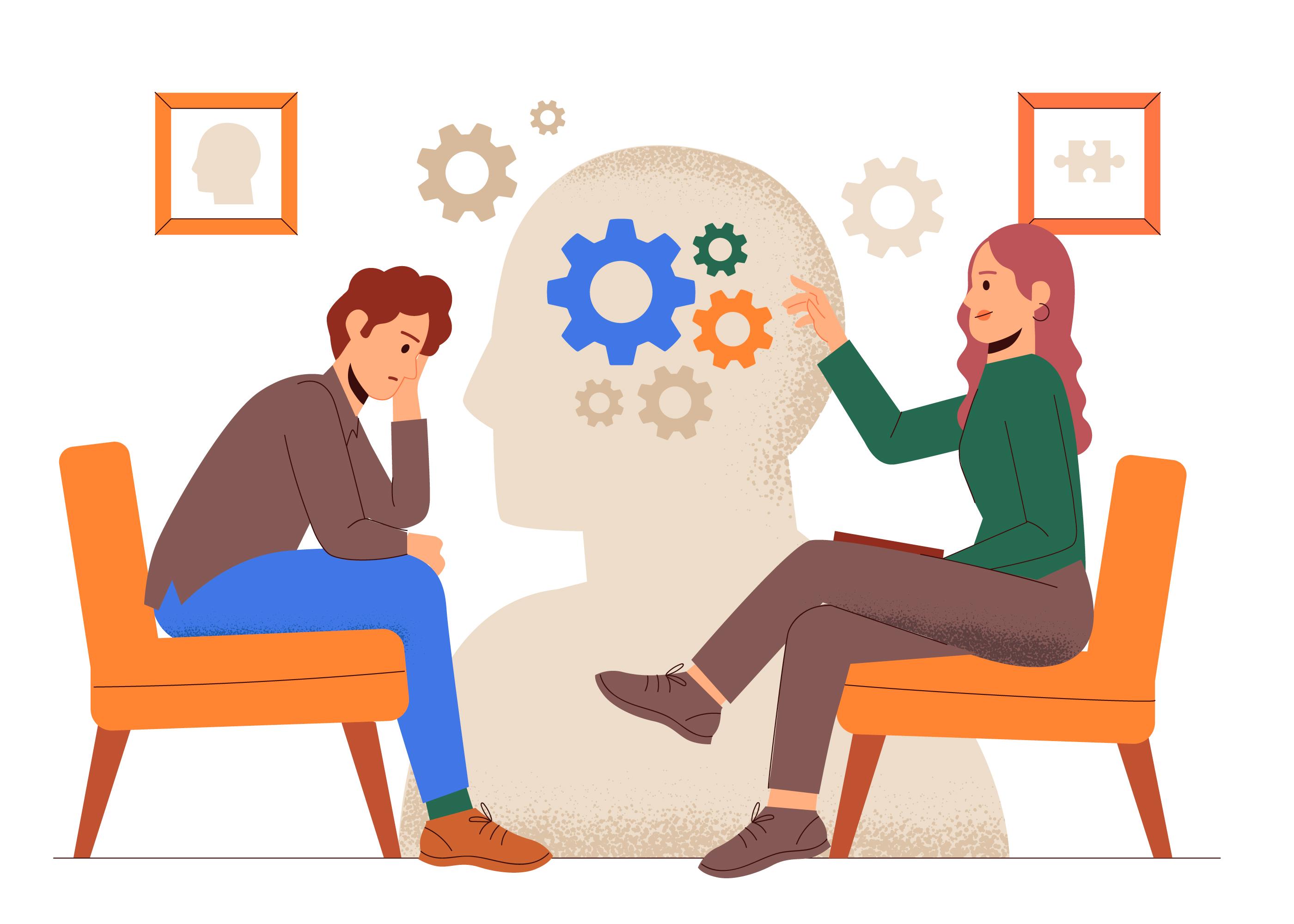
What to Expect on Your First Therapy Session
I vividly recall seeking help for the first time. It happened right in the midst of the COVID lockdown, with overwhelming work stress taking a toll on my overall well-being. The thought that I would prefer dealing with a COVID infection over work was the final straw. Without hesitation, I logged into a portal to find a therapist, selected one, and scheduled the earliest available session. This was my experience. While some individuals may not face similar distress, they might still find it helpful to discuss their everyday issues with someone. Regardless, the first therapy session tends to follow a similar pattern for the most of us. We enter with certain expectations and preconceived notions, only to have them challenged during the session.
Much of our perception of therapy comes from TV shows and movies. We envision characters sitting on plush couches in wood-paneled or modern chic rooms, engaging in deep conversations with therapists, and eventually experiencing breakthroughs within a short period of time. In reality, our first therapy session differs significantly. It may not involve much talking at all. Instead, the therapist primarily gathers information about you and the specific issues you want to address. My own initial session —it took place remotely during the lockdown period, conducted over a phone call due to internet connectivity issues. A departure from the experience I thought it would be like.
In my first session, the therapist asked me about my name, location, occupation (whether I worked or was a student), any health concerns I faced, whether I had undergone therapy previously, and what I hoped to achieve through these therapy sessions. And last but not least, they inquired about my emergency contacts. The final 10 minutes of the session involved me providing an introduction and context to my problems, explaining what led me to seek therapy. It was quite different from the stereotypical image of lying on a couch and pouring out my heart. Speaking is the key here— many Indian clients seek someone to talk to and share their feelings openly.
After that initial session, I must admit I wasn’t entirely pleased or felt that it had made any difference. My expectations hadn’t been fully met, and I felt a touch of hopelessness. However, subsequent sessions proved more beneficial. We delved into my problems, and the exercises my therapist assigned helped me gain a holistic, bird’s-eye view of my issues and develop a plan to address them.
Another realization from my first session was that I hadn’t asked questions of the therapist. As professional service providers, therapists hold valuable information, and we, as clients, deserve to gain insights from them. The questions I could have posed might have included inquiries about their experience in dealing with issues similar to mine, their qualifications, specialties, estimated duration of the therapeutic process, and the activities I should expect to be involved in. While I connected well with my initial therapist, it’s not uncommon for individuals to switch therapists within the first few sessions. Sometimes, the therapist’s approach doesn’t align with our abilities, schedules, or expectations. A friend of mine even had to change therapists twice before finally finding someone who could truly help them.
Our mental health challenges stem from a complex interplay of physiology, environment, past experiences, and internal distortions. To address them effectively, our therapy process must be thorough, diligent, and holistic. Just as Rome wasn’t built in a day, therapy involves gradually resolving our issues, brick by brick. Patience is key, and it’s essential to track our growth throughout the process.





